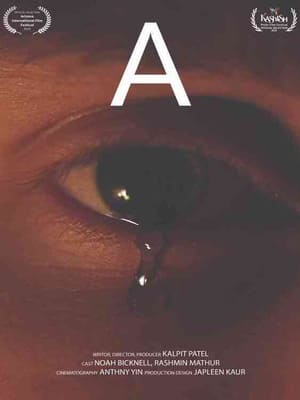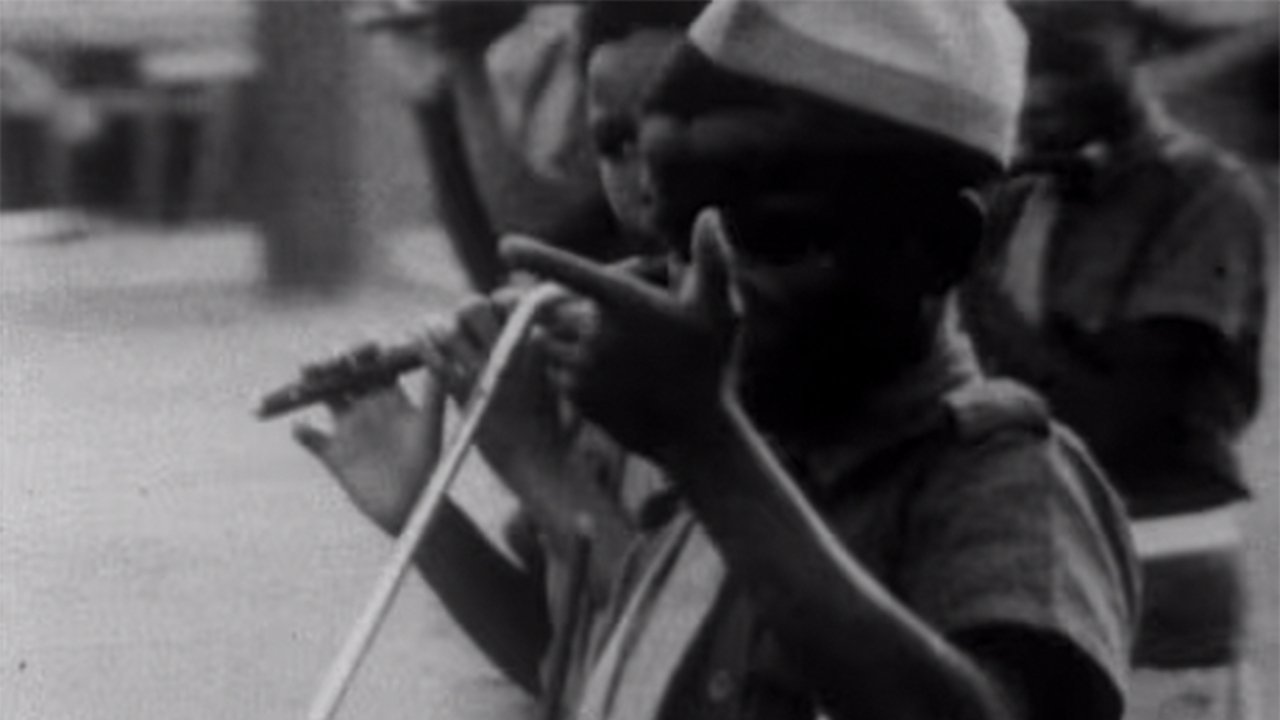
The Save the Children Fund Film(1971)
Director Ken Loach explores the politics of race, class and charity in a capitalist society in this documentary funded by the Save the Children foundation.

Movie: The Save the Children Fund Film

The Save the Children Fund Film
HomePage
Overview
Director Ken Loach explores the politics of race, class and charity in a capitalist society in this documentary funded by the Save the Children foundation.
Release Date
1971-01-01
Average
7
Rating:
3.5 startsTagline
Genres
Languages:
EnglishKeywords
Recommendations Movies
 7.7
7.7The Garden of Sinners: Paradox Spiral(ja)
Tomoe Enjou is attacked by bullies from his old school and saved by Shiki Ryougi. He asks her to hide him at her place and admits that he killed someone. Several days later, there are still no broadcasts about the murder as if it didn't happen... and when the victims are found, they're alive and unharmed.
 6.9
6.9Old Man Junior(en)
Morbius Jr, now an OId Man, is nearing the end of life, when he finds the last hope for all Morbkind. However, as he fights to protect the future of Morbheads, he finds himself facing off against an unlikely of enemy... HIMSELF.
 6.0
6.0Afraid(en)
Curtis Pike and his family are selected to test a new home device: a digital assistant called AIA. AIA observes the family's behaviors and begins to anticipate their needs. And she can – and will – make sure nothing – and no one – gets in her family's way.
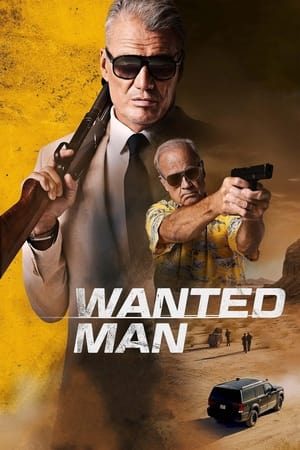 6.7
6.7Wanted Man(en)
Follows a police officer who must retrieve an eyewitness and escort her after a cartel shooting leaves several DEA agents dead, but then he must decide who to trust when they discover that the attack was executed by American forces.
 6.3
6.3An Ideal Father(fr)
Michel, the jovial owner of the only café in a small Normandy town, sees his life turned upside down when his teenage daughter is murdered. The community has his back but soon rumor spreads and Michel is singled out. From the ideal father, he becomes the ideal culprit.
 7.6
7.6Inside Out 2(en)
Teenager Riley's mind headquarters is undergoing a sudden demolition to make room for something entirely unexpected: new Emotions! Joy, Sadness, Anger, Fear and Disgust, who’ve long been running a successful operation by all accounts, aren’t sure how to feel when Anxiety shows up. And it looks like she’s not alone.
 7.1
7.1Moana 2(en)
After receiving an unexpected call from her wayfinding ancestors, Moana journeys alongside Maui and a new crew to the far seas of Oceania and into dangerous, long-lost waters for an adventure unlike anything she's ever faced.
 6.5
6.5Jurassic World: Fallen Kingdom(en)
Three years after Jurassic World was destroyed, Isla Nublar now sits abandoned. When the island's dormant volcano begins roaring to life, Owen and Claire mount a campaign to rescue the remaining dinosaurs from this extinction-level event.
 7.2
7.2That Christmas(en)
It's an unforgettable Christmas for the townsfolk of Wellington-on-Sea when the worst snowstorm in history alters everyone's plans — including Santa's.
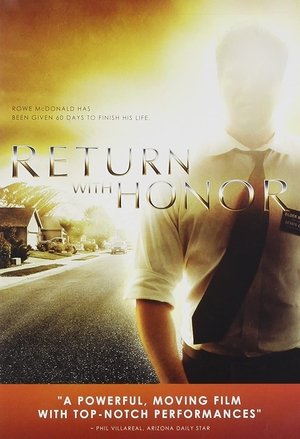 6.1
6.1Return with Honor(en)
Rowe McDonald is a headstrong missionary who has life after his mission all figured out. When a fatal car crash interrupts his plans, he is given sixty days to return to life and finish his work. Now he must choose whether to lead the life he planned, or reach beyond himself to change the lives of others. What will he do? Who will he touch? How will he prepare to leave it all behind?
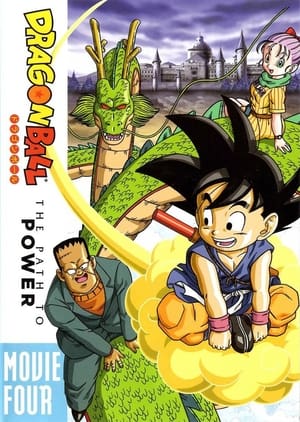 7.4
7.4Dragon Ball: The Path to Power(ja)
A retelling of Dragon Ball's origin with a different take on the meeting of Goku, Bulma, and Kame-Sen'nin. It also retells the Red Ribbon Army story; but this time they find Goku rather than Goku finding them.
 6.3
6.3Marvel One-Shot: The Consultant(en)
Agent Coulson informs Agent Sitwell that the World Security Council wishes Emil Blonsky to be released from prison to join the Avengers Initiative. As Nick Fury doesn't want to release Blonsky, the two agents decide to send a patsy to sabotage the meeting...
 8.3
8.3Young Hearts(nl)
14-year-old Elias increasingly feels like an outsider in his village. When he meets his new neighbour of the same age, Alexander, Elias is confronted with his burgeoning sexuality.
 7.3
7.3Indiana Jones and the Temple of Doom(en)
After arriving in India, Indiana Jones is asked by a desperate village to find a mystical stone. He agrees – and stumbles upon a secret cult plotting a terrible plan in the catacombs of an ancient palace.
 6.8
6.8Star Wars: The Last Jedi(en)
Rey develops her newly discovered abilities with the guidance of Luke Skywalker, who is unsettled by the strength of her powers. Meanwhile, the Resistance prepares to do battle with the First Order.
 7.1
7.1Godzilla: Final Wars(ja)
Humanity finally rids themselves of Godzilla, imprisoning him in an icy tomb in the South Pole. All is peaceful until various monsters emerge to lay waste to Earth's cities. Overwhelmed, humanity is seemingly saved by a race of benevolent aliens known as Xiliens. But not all is what it seems with these bizarre visitors. If humanity wishes to survive, they must reluctantly resurrect their most hated enemy, Godzilla.
Pain(en)
Dad catches a ball badly, injuring his finger. His guttural scream instantly hushes the entire sports complex. Sarah is paralysed. She barely recognises him; red faced, clutching his hand and crying. In the sanctuary of the locker changing rooms, Sarah explores and tests theories about what has happened with her Dad. She questions who her father is while struggling to grasp the concept of pain, both inside and out. Having found an apparent conclusion, Sarah returns to an apologetic Dad, and decides to put his promises to the test.music:Annette Focksproducer:Tobias Rosen, Heike Wiehle-Timmproduction:Relevant Film, Warner Bros Entertainment Germanybacking:Deutscher Filmförderfonds (DFFF) (DE), Schleswig-Holstein Film Commission (DE), Filmförderungsanstalt (FFA)(DE)distributor:Warner Bros Entertainment Germany
 8.3
8.3Bad Bear(en)
Noah Holiday lives his life being constantly reminded of a tragic event that occurred while he was a baby in 2004. During his rough times alone, Noah rediscovers his long lost childhood teddy bear; however, what once brought him great joy now has a mind of his own and has sinister plans in store for him.
Similar Movies
 0.0
0.0Kilimanjaro: The Bigger Red Nose Climb(en)
Nine famous faces are pushed to their physical and emotional limits in a valiant attempt to scale Mount Kilimanjaro, Africa's highest mountain, to raise money for Comic Relief and help change lives this Red Nose Day, with their turmoil and triumphs revealed in Kilimanjaro: The Bigger Red Nose Climb.
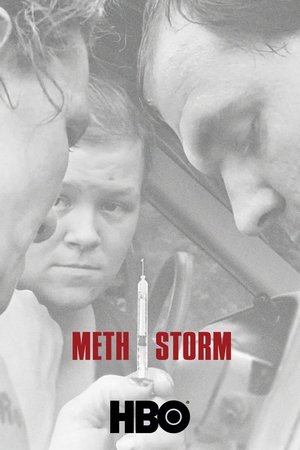 6.3
6.3Meth Storm(en)
As police and DEA agents battle sophisticated cartels, rural, economically-disadvantaged users and dealers–whose addiction to ICE and lack of job opportunities have landed them in an endless cycle of poverty and incarceration–are caught in the middle.
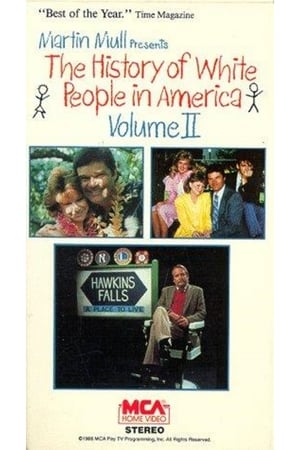 9.0
9.0The History of White People in America: Volume II(en)
In this daring follow-up to The History of White People in America, comedian Martin Mull takes us on an in-depth look at such topics as White Religion, White Stress, White Politics, and White Crime.
 7.4
7.449 Up(en)
49 Up is the seventh film in a series of landmark documentaries that began 42 years ago when UK-based Granada's World in Action team, inspired by the Jesuit maxim "Give me the child until he is seven and I will give you the man," interviewed a diverse group of seven-year-old children from all over England, asking them about their lives and their dreams for the future. Michael Apted, a researcher for the original film, has returned to interview the "children" every seven years since, at ages 14, 21, 28, 35, 42 and now again at age 49.In this latest chapter, more life-changing decisions are revealed, more shocking announcements made and more of the original group take part than ever before, speaking out on a variety of subjects including love, marriage, career, class and prejudice.
 6.7
6.7Dolly Parton: A MusiCares Tribute(en)
In a star-studded evening of music and memories, a community of iconic performers honor Dolly Parton as the MusiCares Person of the Year.
 7.7
7.7When We Were Kings(en)
It's 1974. Muhammad Ali is 32 and thought by many to be past his prime. George Foreman is ten years younger and the heavyweight champion of the world. Promoter Don King wants to make a name for himself and offers both fighters five million dollars apiece to fight one another, and when they accept, King has only to come up with the money. He finds a willing backer in Mobutu Sese Suko, the dictator of Zaire, and the "Rumble in the Jungle" is set, including a musical festival featuring some of America's top black performers, like James Brown and B.B. King.
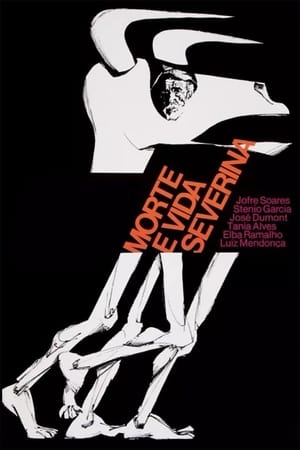 6.6
6.6Morte e Vida Severina(pt)
The story of Severino, a man who tries to escape the misery and the drought prevailing in the rural backcountry of the Northeast of Brazil. He heads for Recife, passing through desert and forest regions, expecting to find a better life.
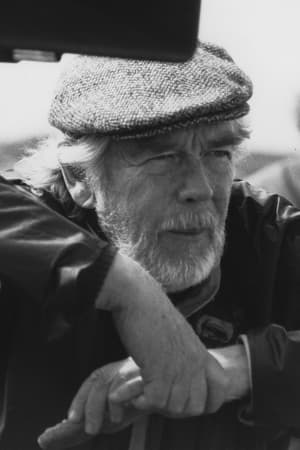 9.0
9.0The Vocation(sv)
Sven Nykvist, best known as Ingmar Bergman cinematographer, made this film as a tribute to his father who was a missionary in Kongo in the early 20th century. The story of his father Gustav Natanael Nykvist is told through his own photos, letters, and films. Director & cinematographer: Sven Nykvist. Narrators in the English dubbed version: Liv Ullmann & Sean Connery. Produced by Ingmar Bergman (Cinematograph AB). Digitally restored in 2022.
 3.5
3.5Der lange Weg ans Licht(de)
Edeltraut Hertel - a midwife caught between two worlds. She has been working as a midwife in a small village near Chemnitz for almost 20 years, supporting expectant mothers before, during and after the birth of their offspring. However, working as a midwife brings with it social problems such as a decline in birth rates and migration from the provinces. Competition for babies between birthing centers has become fierce, particularly in financial terms. Obstetrics in Tanzania, Africa, Edeltraud's second place of work, is completely different. Here, the midwife not only delivers babies, she also trains successors, carries out educational and development work and struggles with the country's cultural and social problems.
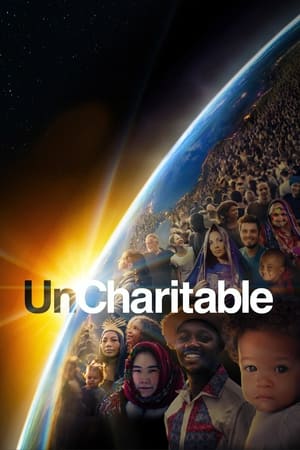 7.0
7.0UnCharitable(en)
After three of the most dynamic and successful U.S. charities were shut down by conservative charity watchdogs, destroying lives and cutting off precious resources, many of the top influencers in the field knew something had to be done to overhaul the nonprofit sector. Led by Dan Pallotta, whose record-breaking TED Talk on the subject has inspired leading philanthropists and changemakers, this feature-length documentary directed by Stephen Gyllenhaal exposes the dark side of philanthropy and introduces a radical new way of giving. In a powerful call to action, Uncharitable demands that charities be freed from the traditional sackcloth-and-ashes constraints, so that they can truly change the world.
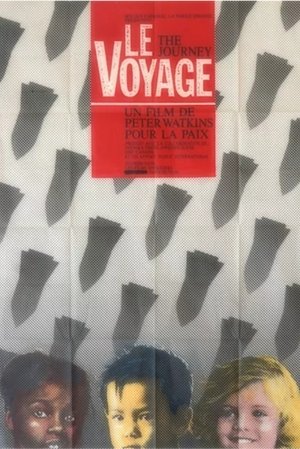 3.8
3.8The Journey(sv)
Peter Watkins' global look at the impact of military use of nuclear technology and people's perception of it, as well as a meditation on the inherent bias of the media, and documentaries themselves.
 7.0
7.0Land Without Bread(es)
An exploration —manipulated and staged— of life in Las Hurdes, in the province of Cáceres, in Extremadura, Spain, as it was in 1932. Insalubrity, misery and lack of opportunities provoke the emigration of young people and the solitude of those who remain in the desolation of one of the poorest and least developed Spanish regions at that time.
 6.8
6.8Megacities(en)
Megacities is a documentary about the slums of five different metropolitan cities.
 6.2
6.2The Great Green Wall(en)
An epic journey along Africa's Great Green Wall — an ambitious vision to grow a wall of trees stretching across the entire continent to fight against increasing drought, desertification and climate change.
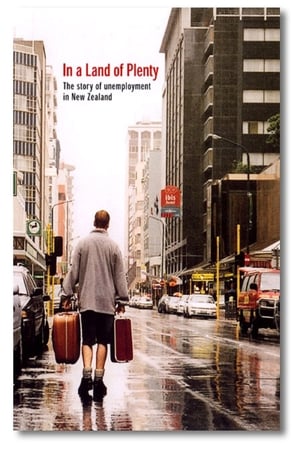 0.0
0.0In a Land of Plenty(en)
The story of unemployment in New Zealand and In A Land of Plenty is an exploration of just that; it takes as its starting point the consensus from The Depression onwards that Godzone economic policy should focus on achieving full employment, and explores how this was radically shifted by the 1984 Labour government. Director Alister Barry's perspective is clear, as he trains a humanist lens on ‘Rogernomics' to argue for the policy's negative effects on society, as a new poverty-stricken underclass developed.
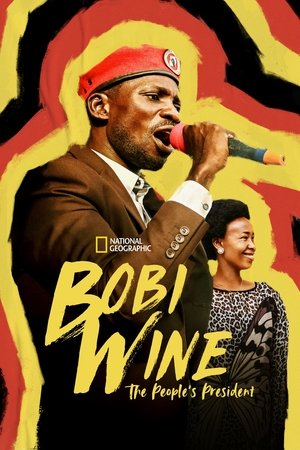 6.5
6.5Bobi Wine: The People's President(en)
Uganda has one the youngest populations in the world and one of its most flagrantly anti-democratic governments. These are ingredients for revolution, and Bobi Wine and his wife Barbie Kyagulanyi are stirring the pot. When the charismatic Bobi, a musician and member of parliament, announces his campaign for president, Uganda’s youth are ecstatic, filling parks and streets for every speech, and singing Bobi’s anthems of peace and freedom. But then comes the crackdown, orchestrated by Yoweri Museveni, a brutal dictator who has ruled Uganda for 36 years. Bobi and his crew survive arrests, beatings, torture, riots and raids.
 10.0
10.0The Wildebeest Migration: Nature's Greatest Journey(en)
Every year, on the steppes of the Serengeti, the most spectacular migration of animals on our planet: Around two million wildebeest, Burchell's zebra and Thomson's gazelles begin their tour of nearly 2,000 miles across the almost treeless savannah. For the first time, a documentary captures stunning footage in the midst of this demanding journey. The documentary starts at the beginning of the year, when more than two million animals gather in the shadow of the volcanoes on the southern edge of the Serengeti in order to birth their offspring. In just two weeks, the animal herd's population has increased by one third, and after only two days, the calves can already run as fast as the adults The young wildebeest in this phase of their life are the most vulnerable to attacks by lions, cheetahs, leopards or hyenas. The film then follows the survivors of these attacks through the next three months on their incredible journey, a trip so long that 200,000 wildebeest will not reach the end.
 0.0
0.0Fish Story(cn)
J and Jacky are good friends who attend the same school. J is from a single-parent family, and will be taken care by Jacky’s family whenever his mother has to return to Mainland to renew her visa; such kind of story is not an isolated case. These families have been uprooted for a “better future” in Hong Kong, but is this “future” that the children really long to have? A Chinese saying: “How does one understand the joy of fish, if one is not a fish?” Will the adults really understand what the children want?
 7.2
7.2God Grew Tired of Us(en)
Filmmaker Christopher Quinn observes the ordeal of three Sudanese refugees -- Jon Bul Dau, Daniel Abul Pach and Panther Bior -- as they try to come to terms with the horrors they experienced in their homeland, while adjusting to their new lives in the United States.

